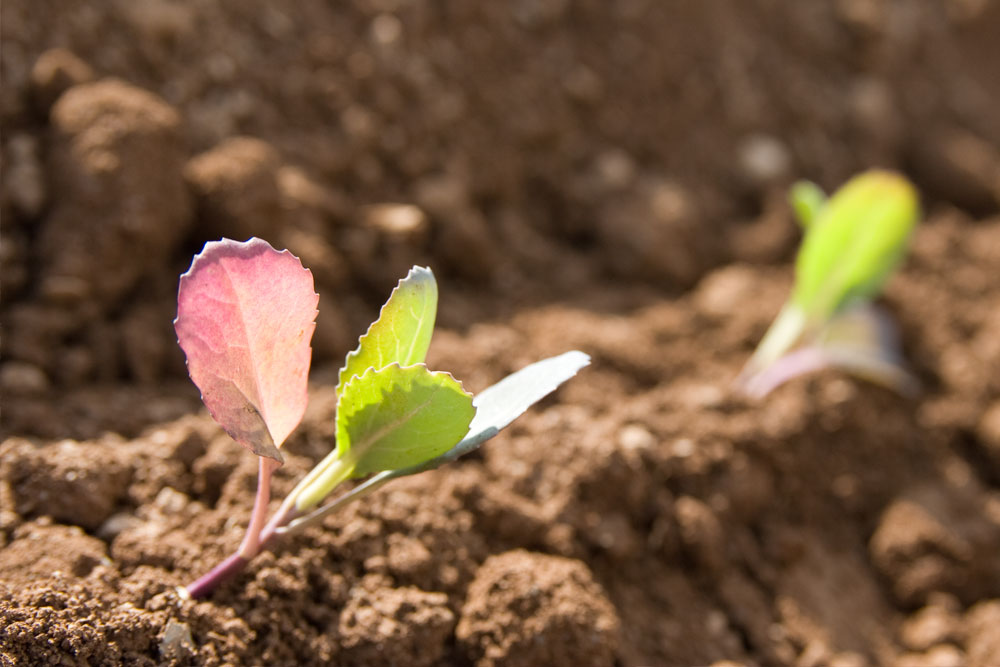
Sally Tripp, the coastal farmer whose clifftop field is home (among her sheep) to my ancient converted bus most summers, invited me to try one of her swedes last weekend; “They aren’t organic but they eat well… though not as well as the Devon Champion we used to get from Tuckers”. Sally favours eating them with clotted cream and pepper. I will stick to butter.
Tuckers, our local agricultural merchant, stopped selling horticultural and agricultural seeds this year. For thirty years, Geoff Penton, the seeds manager, provided advice on varieties, sowing and harvest dates specific to our local soils and climate. Like so many things in life, we took it for granted until it was gone. This will be the last year we grow the flavoursome and floury Cosmos, my favourite roasting potato; with modest yields and a tendency for growth cracks when grown quickly it has been dropped by the breeders. Likewise Diana potatoes (good flavour but a tendency to bruise if machine harvested) and the carrot variety Junior, which helped Riverford to build a national reputation for the best tasting organic carrots, but is too brittle to handle mechanically.
Three companies now account for almost half of the global seed trade. They are not interested in local varieties with tiny specialist markets. Instead the same varieties are promoted globally; many GM, most hybrids, high yielding, increasingly sweet and uniform; ideal for the well-marshalled shelves of the globally uniform retailers. Like most highly bred specialists they give up at the smallest hardship, so it becomes the farmer’s job to maintain ideal conditions, often at high environmental cost. One might be reassured that many of our old varieties are preserved in an ice vault in Svalbard, but I take more heart from the emergence of a ragtag bunch of small scale maverick breeders and obsessive plant collectors (see Real Seeds in Wales and Incredible Vegetables in Devon) who observe, enthuse and swap seeds, building a dispersed depth and diversity of knowledge lost to Monsanto and, incidentally, maintaining a British tradition stretching through Kew Gardens and the Victorian plant collectors.















0 Comments